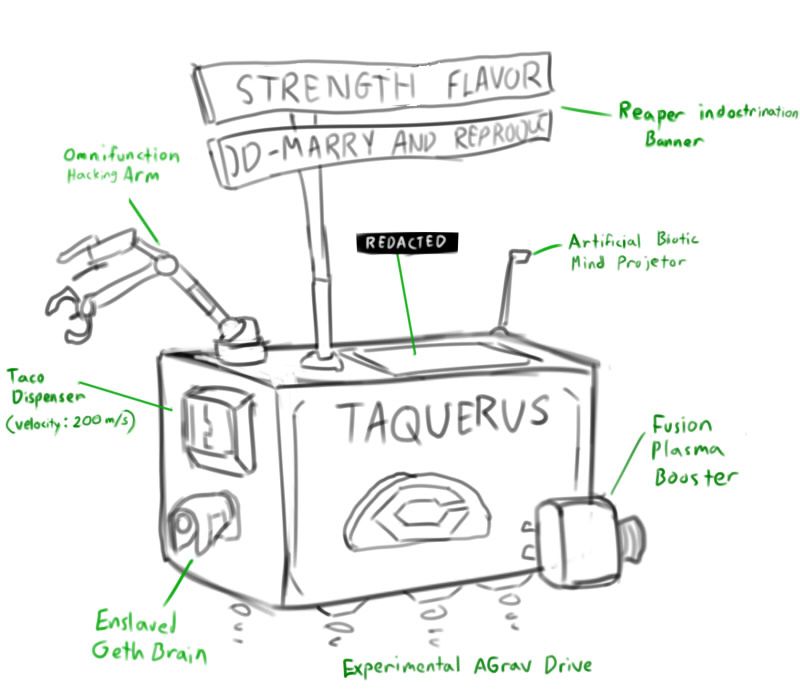Looking at the clip I'm noting that, in fairness, there's a tendency to take things out of context when trying to prove the military 'wrong' or wasteful.
For example, if you're still trying to refine the sensitivity of your heat-seeking missile, but you want to test whether the sensors work
at all, test-firing at a target that's conveniently covered in electric hot plates is far from the worst idea. There's a big difference between a heat-seeking missile that can only home in on excessively hot targets, and a heat-seeking missile that can't see enemy tanks at all.
Likewise with the guided bomb, with the notable caveat that the PAVEWAY bomb did in fact end up working. That 50% failure rate is a hell of a lot better than what you'd expect from a 'dumb' bomb dropped from the same aircraft. Even if the production model was missing half the time, that just meant one jet would drop enough bombs to kill two or three enemy tanks in a single sortie, instead of four or six. Vast improvement over WWII or Vietnam-era standards, where it would take numerous sorties to kill one tank.
NORMAL military procurement tends to have the appearance of a certain amount of waste, and arguably there is a certain amount of waste, but the end product is usually not grossly dysfunctional.
But it sounds as though the Orion Navy was suffering from disproportionate, grossly abnormal military procurement, the kind that really is a waste.
So, I had an idea for an omake, but before I commit myself to writing it I'd like to do a little fact-checking - because both my Trek knowledge and my TBG knowledge is somewhat lacking. And if the answers to the following questions rule out my idea - well, at least they're interesting questions in themselves. (And not ones that have been asked before, so far as I can tell... though I haven't actually read every comment in the entire thread. If it turns out they were asked before, my apologies.)
1) In TBG canon, are Federation Councilors cleared to know about temporal affairs, and if so, to what degree? If their clearance doesn't reach all the way up, about where does it sit?
We know the
commander of Starfleet isn't always cleared to know about temporal affairs, and there are good reasons for that not to be the case. Among other things, because the commander is the single person in Starfleet most likely to accidentally create a predestination paradox when given information about the future. If Admiral Sousa had known about the
Enterprise-B's fate at Aga Carmide, she might well have ordered the
Enterprise kept out of the Licori campaign to avoid accidentally-ing the timeline if
Enterprise was damaged... But by the same token, that would have significantly altered the outcome of the war.
2) In TBG canon, does the Federation President have a higher security clearance than Federation Councilors?
For the above reason, I
suspect, but so far as I know it is not canon, that there is standing policy NOT to routinely inform Federation senior officials about a temporal incident unless it directly affects them. Given that paradoxes are things that can happen, it isn't the President's job to take a list of future events they've been informed about by Temporal Investigations and successfully navigate the Federation through that list of future events. It's the President's job to do the best they can in the present and let Temporal Investigations (and the future Federation's own time agents) take care of making sure the time travel stuff works out.
3) Is there an established quest and/or show canon for how the Federation deals with both having classified, dangerous secrets, but also telepaths everywhere?
I would not at all be surprised if temporal agents in particular have training to avoid having their minds read. We know the Cardassians can do it, so I wouldn't be surprised if Temporal Investigations knows how to do it.


